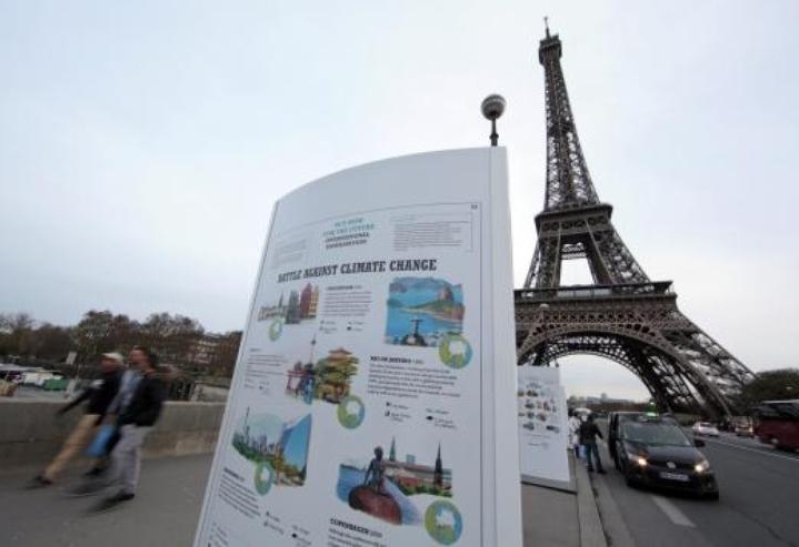
Things haven't been going as smoothly or as quickly as concerned climate change scientists would like. Only about five percent of Americans see global warming, or climate change, as the nation's number one problem. Americans seem to be watching the 2016 elections more closely now than over the past thirty years. And within that, they are mostly concerned about the economy (33 percent) and terrorism (28 percent), with everything else lagging behind. So the newest strategy of some scientists for refocusing America's attention on climate change is to try to more blatantly partner it with religion.
Public Religion Research Institute research director Daniel Cox said that part of the challenge of the green movement is that, "Climate change is an incredibly difficult issue to get really fired up about [because] its effects are so incremental and slow-moving, they're difficult to perceive. With the environment and the economy, there's always a trade-off. And when people are are particularly economically distressed, support for environmental policy drops off."
It seems that the those who are most likely to support the climate change agenda are agnostic Gen Xers who are left-leaning and have a great deal of education. The next strongest group of supporters consists of Millennials, who are really more into green living for the simplicity of it than for any other reason.
Interestingly, PRRI's own research is showing that those who are religious and attend church services on a regular basis are more likely to be persuaded to believe that climate change is a serious issue if they hear that information coming across the pulpit of their respective churches.
Ironically, a Barna.com poll shows that 44 percent of Americans are now post-Christian (or post-modern) in their beliefs. This is an increase of seven percentage points from 2013. So Christianity in America appears to be on the decline.
The top six characteristics of residents in American cities that are the most post-modern or post-Christian according to Barna.com are: don't believe in God; claim to be atheistic or agnostic; don't believe that faith is important in their lives; haven't prayed to God in a year; haven't made a commitment to Christ; don't believe that the Bible is accurate. In a nutshell, they don't believe that there is an absolute truth.
Although the Pope seems to supportive of the global warming (or climate change) agenda, the catholic religion is one that is diminishing in membership among Millennials. So while the Pope's endorsement might seem like a victory for the climate change believers, it's not a long-term one.
It would seem that if the green movement and scientists who are fans of the climate change agenda want to try to use the pulpit as a way to convince people to take global warming more seriously, they will need to invent a new church that draws Gen Xers and Millennials in order for that community's collective belief system to take root. Perhaps such a church would include a hierarchy with one specific person who would be the primary religious leader for such a one world religious focus. In order to have true unity, though, it would likely need to be a religion that not only requires allegiance to the climate change agenda, but also to a one world political leader, who might even require some type of a mark (honorary in and toward nature, of course) that would allow all followers to more easily get a job, make purchases, or engage in sales activities.
Perhaps such a church might even have the characteristics outlined by information in an Equip.org poll, which ties post-modernism to "belief communities" in which truth is, "political" rather than something that is tied to reason, observation, and revelation.
The trailer for an interesting new DVD that is about to be released which addresses the climate change argument can be checked out at ClimateHustle.org.







